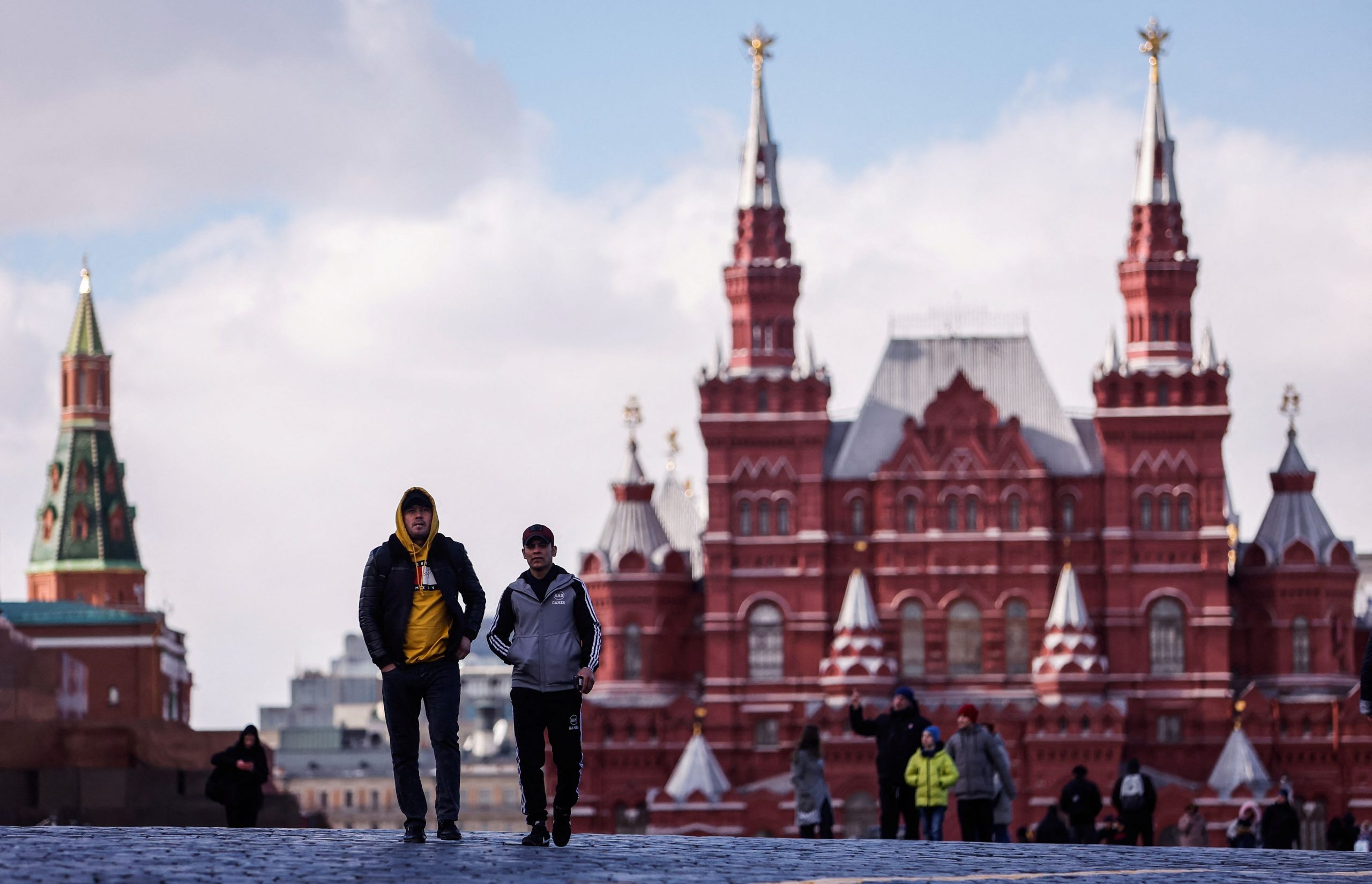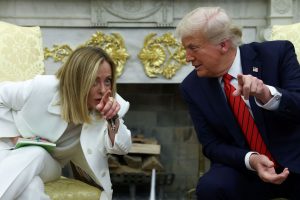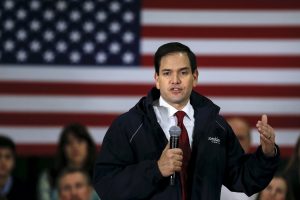Russia launched plans to sharply raise taxes on high earners and companies to fill state coffers and fund what it sees as a long war in Ukraine .
A government commission on Wednesday approved a Finance Ministry plan to introduce a new progressive income tax as well as raise corporate tax rates. The proposed amendments, which would come into force from next year, are expected to bring an additional 2.6 trillion rubles, or around $29 billion.
The amendments, which represent the biggest overhaul of the Russian tax system in years, are a sign of President Vladimir Putin ’s bet on a protracted and costly war and his continuing efforts to align both society and the economy with the military effort.
The hikes are meant to fund soaring government expenditures on a war that has transformed the Russian economy over the past two years. War spending has provided a fillip to economic growth with factories working around the clock to produce artillery shells and tanks, and hiking wages to attract staff.
“Given the runaway spending on the military-industrial complex, the government cannot solely rely on resource exports,” said Erik Meyersson, chief emerging-markets strategist at the Swedish bank SEB .
In raising taxes, the government has to strike a balance between finding new sources of funding for the war and not increasing the financial burden on the majority of Russians.
Russia currently has a flat tax of 13% for most people, with some higher earners paying a 15% rate, a significantly lower tax burden than in the U.S. or Europe. According to the proposed changes, new rates would range from the current 13% for those earning up to the equivalent of $27,000 a year to as high as 22% for those exceeding $560,000. Per capita household income is around $7,100, according to data provider CEIC.
Russia’s military expenditures are already running at over 6% of gross domestic product, approaching levels reached by the Soviet Union at the height of the Cold War in the 1980s. Earlier this month, Putin appointed a macroeconomist, Andrei Belousov , as minister of defense , highlighting the extent to which the war has become central to Russia’s economic paradigm.
Pumping that money into the war, though, has put pressure on government finances. The federal budget gap rose to $16.6 billion in the first four months of this year, nearly hitting the government’s deficit projection for the full year.
Moscow has plugged the hole by tapping into its rainy-day fund, mostly generated from oil-sales revenue, and issuing more debt. The value of the fund has fallen to $139 billion compared with around $180 billion before the war.
Economists say that Russia can continue to fund the war for now as oil prices remain high and Moscow has found ways to skirt Western sanctions . But the tax amendments are an acknowledgment that the war effort could become unsustainable the longer the conflict drags on.
Mindful of potential social unrest, the Kremlin has sought to shield the domestic population from the effects of the war by implementing various subsidies and social programs since the start of its invasion of Ukraine in February 2022.
Soldiers fighting in Ukraine as well as poorer families with children would get exceptions to the tax increase, the finance ministry said. In all, the tax changes would affect around two million people out of Russia’s 64 million working population, the ministry said.
For businesses, the government plans to raise corporation tax to 25% from 20% now. The proposed tax amendments also include a hike in taxes for fertilizer and iron-ore producers. After the war began, Russia introduced a windfall tax on excess company profits.
“This is definitely a tax-hike related to the war,” said Alexandra Prokopenko, a fellow at the Carnegie Russia Eurasia Center think tank and a former employee of Russia’s central bank. “Business would be those who will pay for this war feast.”
The war has aggravated economic imbalances and has eroded Russia’s longer term growth potential. Stubbornly high inflation , at nearly 8% in April, is around twice the central bank’s target. The state has been running budget deficits while labor shortages have become a chronic problem, with businesses competing for workers with military producers. Sanctions, meanwhile, have restricted Russia’s access to imported goods and raised the cost of getting them.
Write to Georgi Kantchev at georgi.kantchev@wsj.com and Chelsey Dulaney at chelsey.dulaney@wsj.com



